Yangon social enterprises provide tourists with unique culinary experiences that showcase traditional Burmese culture and support community initiatives. These experiences include cooking classes featuring local dishes, street food tours, and dining in local homes, all of which emphasize sustainable practices and the use of locally sourced ingredients. Participants gain hands-on skills in preparing authentic cuisine […]
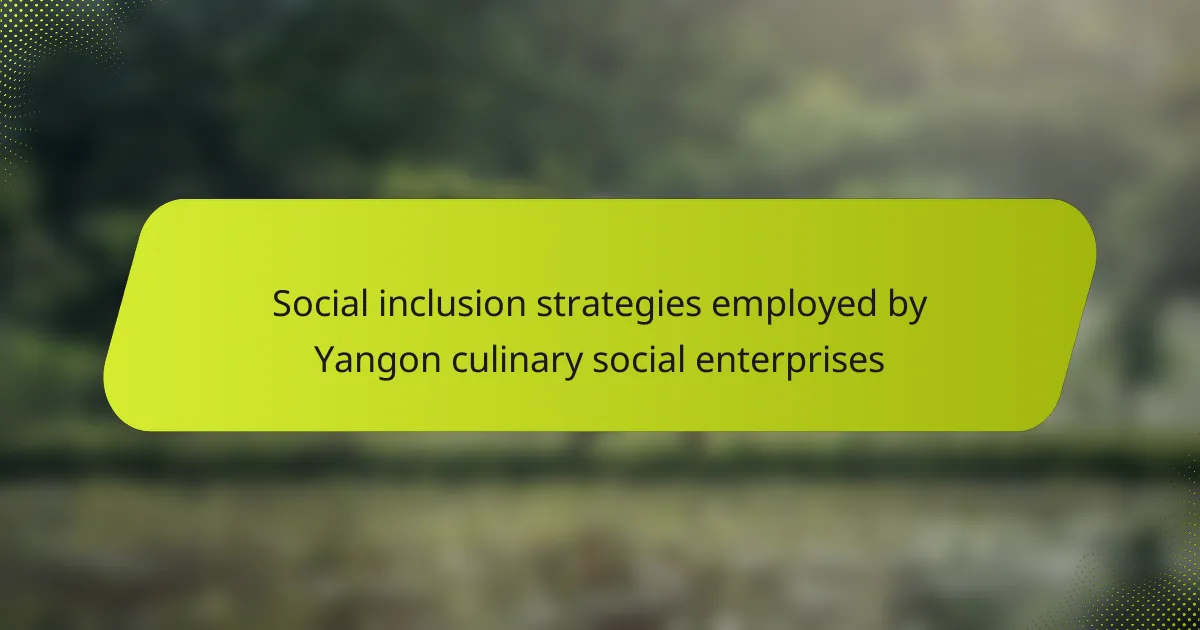
Social inclusion strategies employed by Yangon culinary social enterprises
Yangon culinary social enterprises are organizations that utilize social inclusion strategies to integrate marginalized communities into the workforce. These strategies focus on providing training programs for underprivileged individuals, creating job opportunities that promote economic independence, and fostering community engagement through inclusive dining experiences. Collaborations with local NGOs help identify participants, while the enterprises celebrate diverse […]
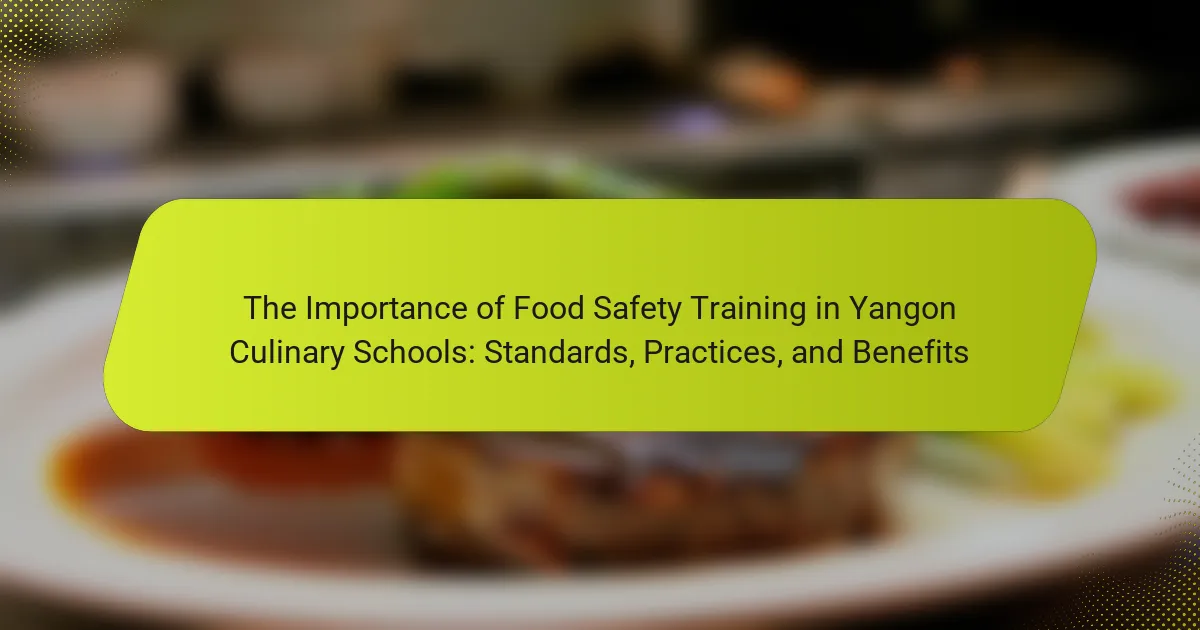
The Importance of Food Safety Training in Yangon Culinary Schools: Standards, Practices, and Benefits
Food safety training in Yangon culinary schools is essential for safeguarding public health and ensuring proper food handling practices. This training provides students with critical knowledge about hygiene and sanitation, which is vital in preventing foodborne illnesses that affect millions globally each year. As the culinary industry in Yangon expands, the importance of trained professionals […]
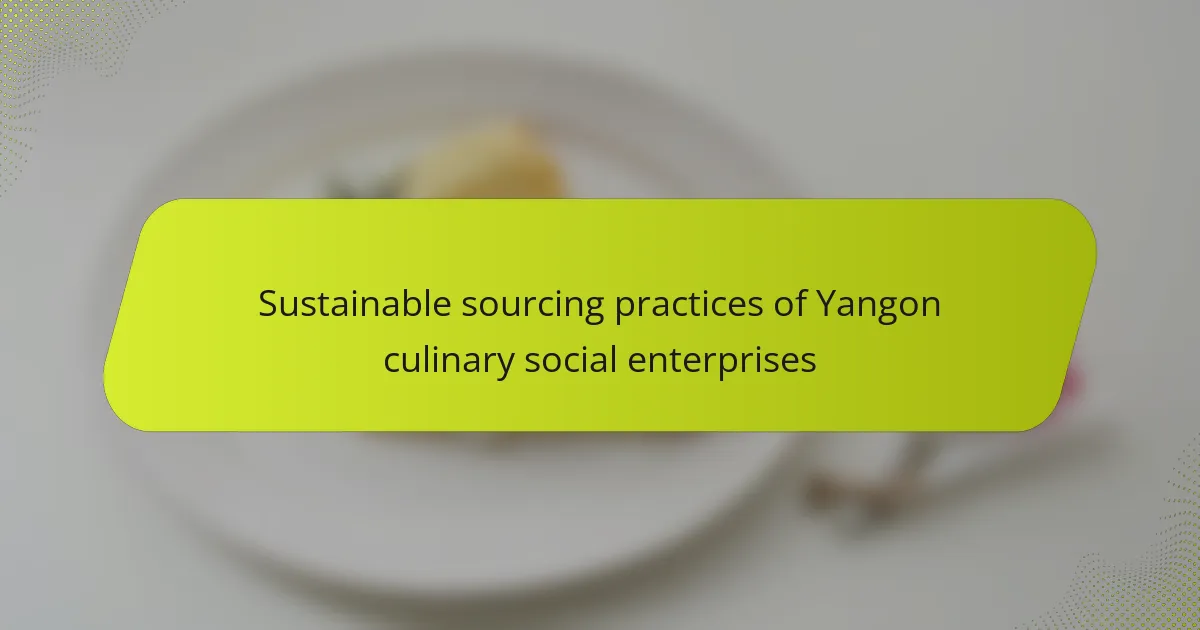
Sustainable sourcing practices of Yangon culinary social enterprises
Sustainable sourcing practices in culinary social enterprises in Yangon emphasize the use of local, organic ingredients to support local farmers and reduce carbon footprints. These enterprises prioritize seasonal produce, engage in direct trade with producers, and implement waste reduction strategies, such as composting and creative use of by-products. While these practices promote economic empowerment and […]
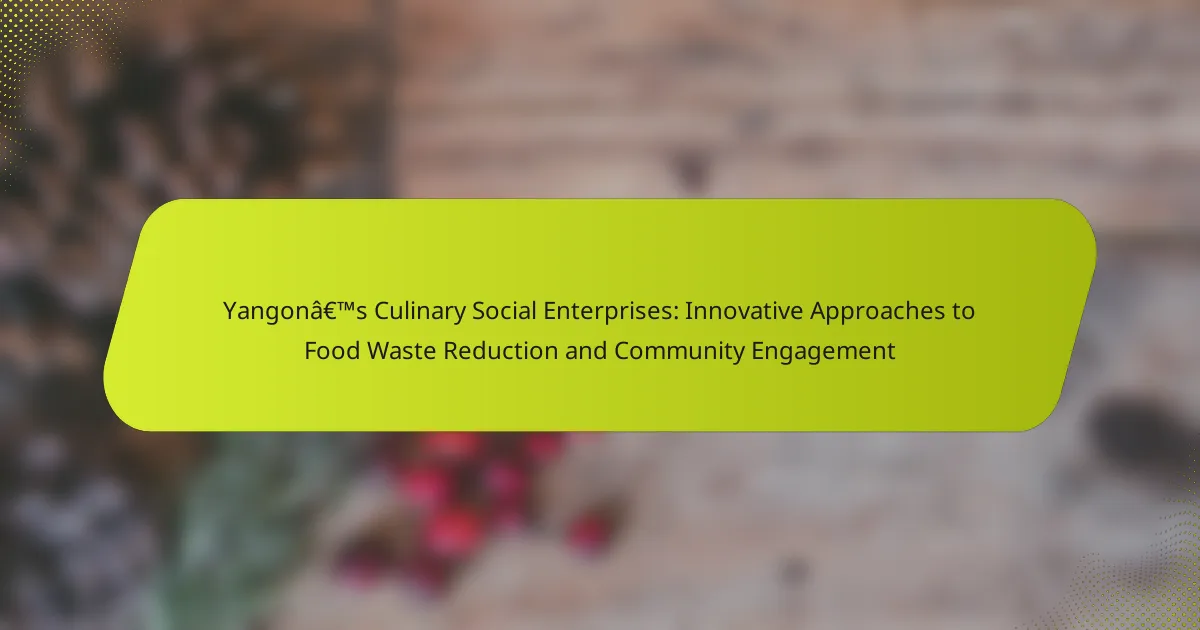
Yangon’s Culinary Social Enterprises: Innovative Approaches to Food Waste Reduction and Community Engagement
Yangon’s culinary social enterprises are organizations that blend food production with social impact, aiming to tackle issues such as food waste and community engagement. These enterprises utilize surplus ingredients to create meals while providing training and employment opportunities for marginalized groups, particularly local women. They partner with farmers to source fresh ingredients sustainably and engage […]
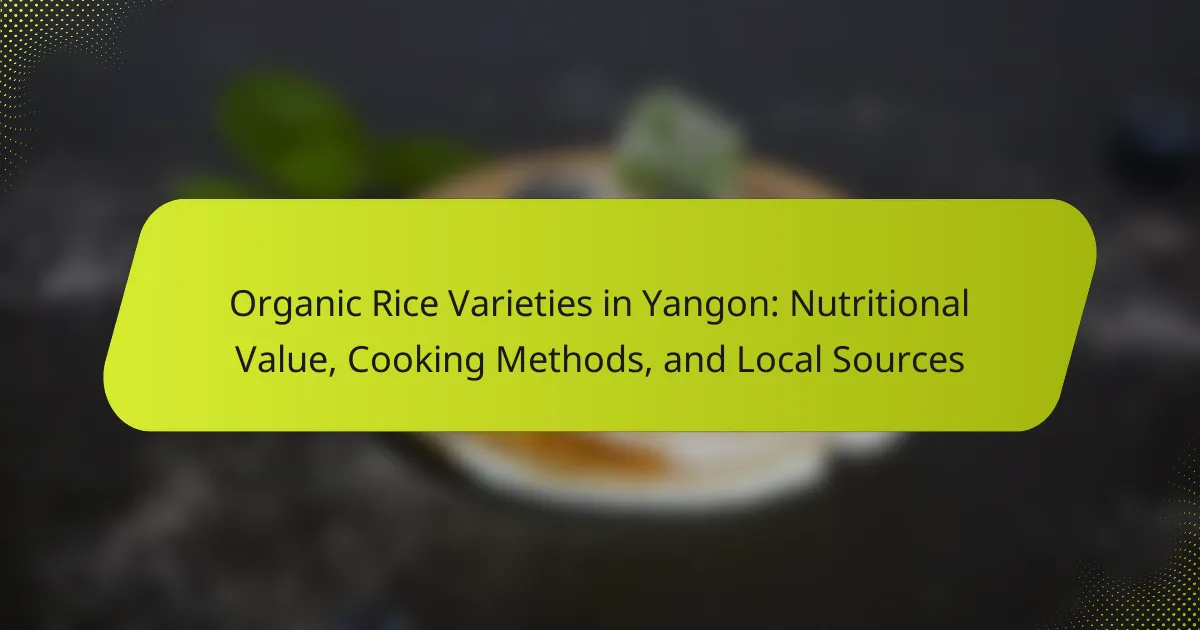
Organic Rice Varieties in Yangon: Nutritional Value, Cooking Methods, and Local Sources
Organic rice varieties in Yangon include Paw San, Khao Hlan, and Khao Nyaung, each with distinct characteristics and benefits. Paw San is known for its fragrant aroma and sticky texture, while Khao Hlan is valued for its high yield and nutritional content. Khao Nyaung is recognized for its unique taste, often featured in traditional dishes. […]
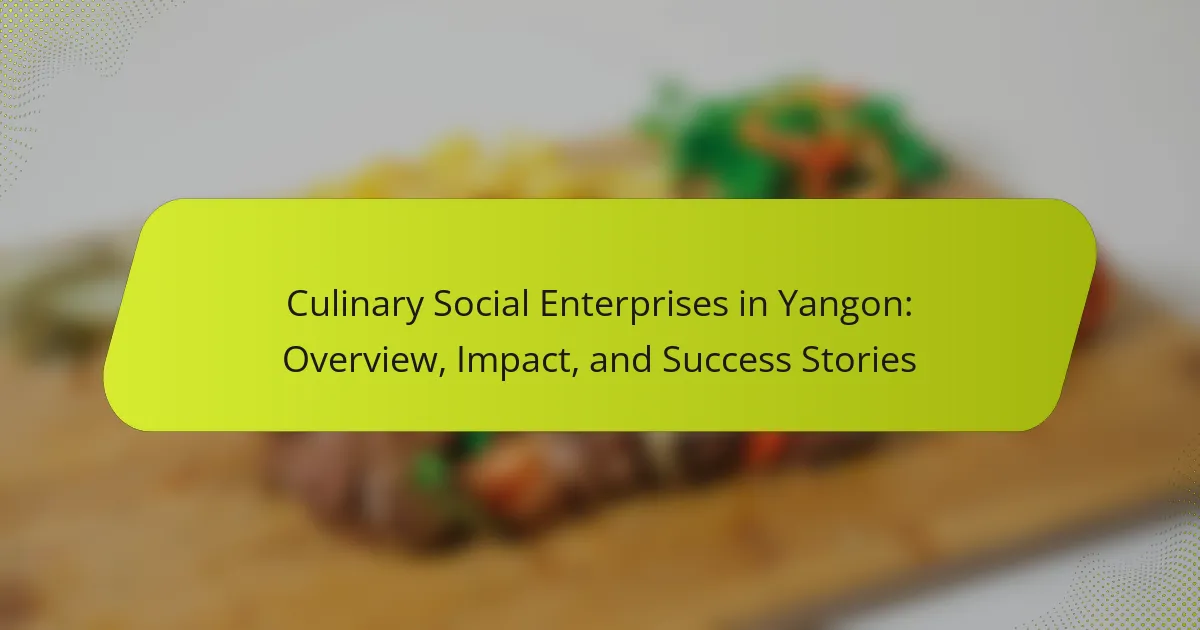
Culinary Social Enterprises in Yangon: Overview, Impact, and Success Stories
Culinary social enterprises in Yangon are organizations that integrate food production with social objectives, focusing on community issues through culinary initiatives. These enterprises provide job training, support local farmers, and promote sustainable practices, operating as restaurants, catering services, or food markets. They play a crucial role in economic development and social empowerment, particularly for marginalized […]

Community Engagement Strategies Employed by Yangon Culinary Social Enterprises
Community engagement strategies in Yangon culinary social enterprises are designed to strengthen relationships with local communities. These strategies encompass organizing cooking classes to impart culinary skills, sourcing ingredients from local farmers to bolster the economy, and hosting community events that foster cultural exchange. Collaborations with local NGOs enhance outreach and effectiveness, while surveys and feedback […]

Forms of Training Offered by Yangon Culinary Social Enterprises for Aspiring Chefs
Yangon culinary social enterprises provide diverse training programs for aspiring chefs, focusing on local cuisine and sustainable practices. These programs include hands-on cooking classes, skill-specific workshops, internships, mentorship opportunities, and online courses. Participants engage with local farmers and suppliers, emphasizing community involvement and cultural heritage. The training also covers essential business skills, food safety, and […]

Culinary Arts as a Pathway to Employment in Yangon: Opportunities, Challenges, and Success Stories
Culinary arts in Yangon involve the preparation, cooking, and presentation of food, playing a crucial role in the city’s culture and economy. This sector showcases Myanmar’s diverse culinary traditions and contributes significantly to tourism and employment opportunities within hospitality and catering. The article highlights notable success stories, including acclaimed local chefs, culinary schools that produce […]
